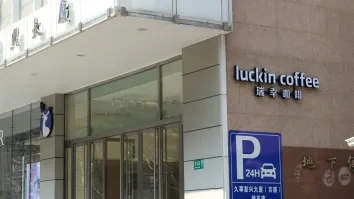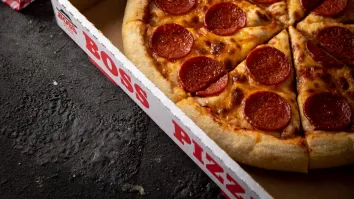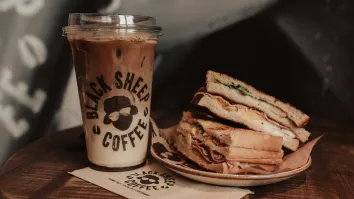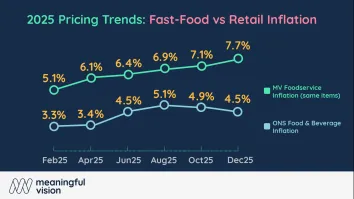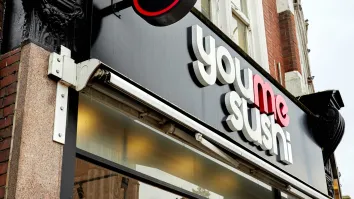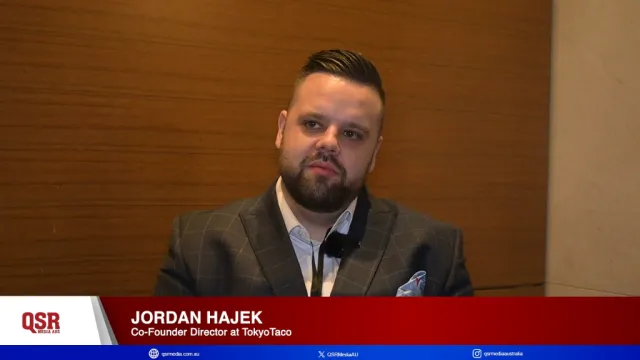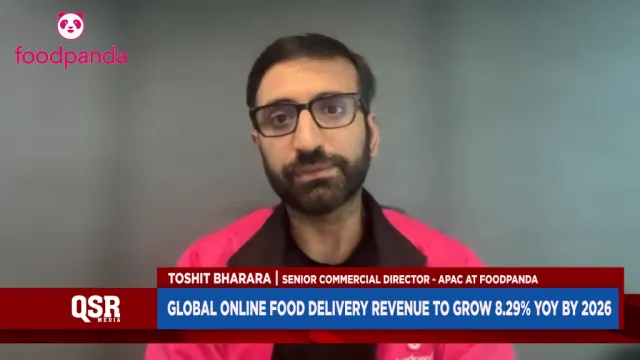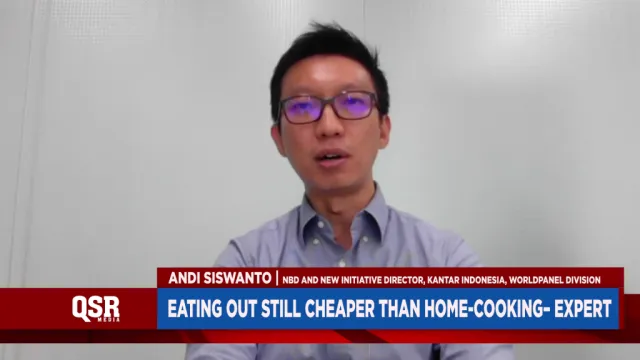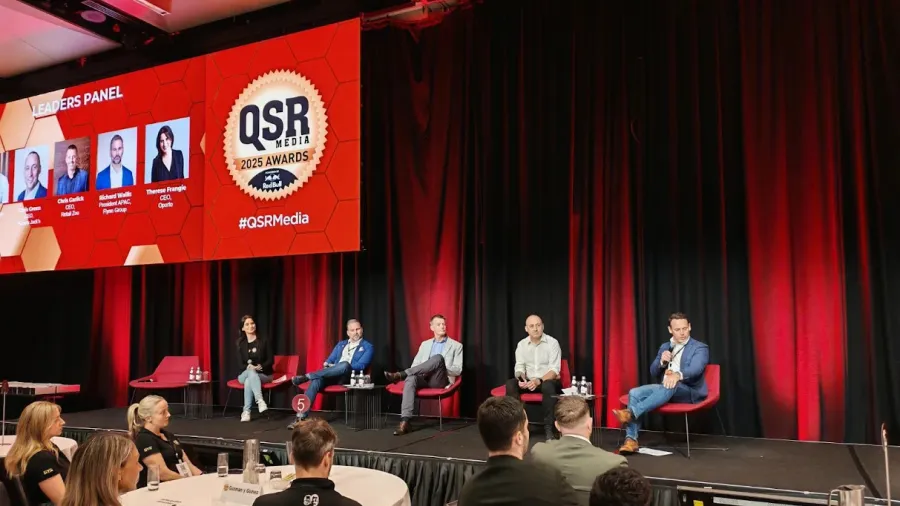
Australia’s QSR chains turn to late-night business to boost sales
Brands are also refining their menus and tightening supply chains.
Australia’s major quick-service restaurant (QSR) brands are extending hours, adjusting menu strategies, and tightening supply chains to maintain profitability amidst rising rents, input costs, and slower consumer spending.
In a panel discussion, Hungry Jack’s CEO Chris Green told the QSR Media Conference & Awards 2025 Powered by Red Bull that the company is expanding late-night operations to maximise the use of its sites.
“It’s stupid to pay rent and not be open,” he said, noting that delivery and aggregator platforms have lifted overnight orders despite higher fees. “Food, rent, IT, and technology have all gone up by 30 to 40 per cent.”
In addition, the company is focusing on improving its menu mix, placing greater emphasis on chicken, beverages, coffee, and desserts.
Meanwhile, Oporto CEO Therese Frangie said the chain’s 24-hour weekend trading and “Night Mode” initiative have brought in new customers such as gamers and shift workers. “The company is also testing early-morning and mid-afternoon menus to capture sales outside peak hours.
“We’re seeing different consumers, particularly those that are value-conscious, purchasing after lunch because they know they can get a better deal,” Frangie said.
‘Frequency over pricing’
Retail Zoo CEO Chris Garlick said both Boost Juice and Betty’s Burgers are focusing on customer frequency and value perception rather than headline pricing. “We don’t have a $23 burger for a drive-through. We’re at the $17.80 mark, which we’ve deliberately put around the area in the market relative to the quality of product.”
He added that the group reviews its menus every six months and relies more on menu design and bundling instead of broad price increases.
“We’re focused on driving frequency,” Garlick said. “We look at a lot of data—what’s driving frequency for us, and what’s getting in the way of people coming to us more often.”
Moreover, he said that they are reassessing long-standing practices as the operating environment remains challenging, explaining that even mature brands like Boost are questioning old approaches to product, value, and customer experience.
Controlled expansion, supply-chain control
El Jannah CEO Brett Houldin said that the company aims to triple its store network by 2027, focusing on controlled expansion and stronger customer loyalty.
He added that their growth plan depends on maintaining quality whilst increasing volume. The company operates on a 50-50 split between corporate and franchise outlets and employs 65 people in its central support team.
Owning the supply chain is also a key advantage. “We have three production facilities across two states at the moment, which means about 70% of inventory comes through via our facility.”
“Everything goes through a rigorous control process,” he added.
Local market and competition
Flynn Group President for APAC, Richard Wallis — who oversees Pizza Hut and Wendy’s in Australia — said the local QSR market remains “a concentrated market but incredibly deep.” He added that international players must adapt quickly to local conditions. “You don’t survive here unless you’re really, really good at what you do.”
Wallis pointed out that Australian consumers expect both quality and connection, emphasising that the local market rewards strong execution and meaningful brand engagement, not just speed or convenience. In line with this, he described Wendy’s entry into the country as an opportunity to operate as a challenger brand in a market dominated by established players.
“It’s been fantastic to come into a market where we can challenge legacy brands,” he said. “You have to be more than just functional — you have to deliver an experience.”



